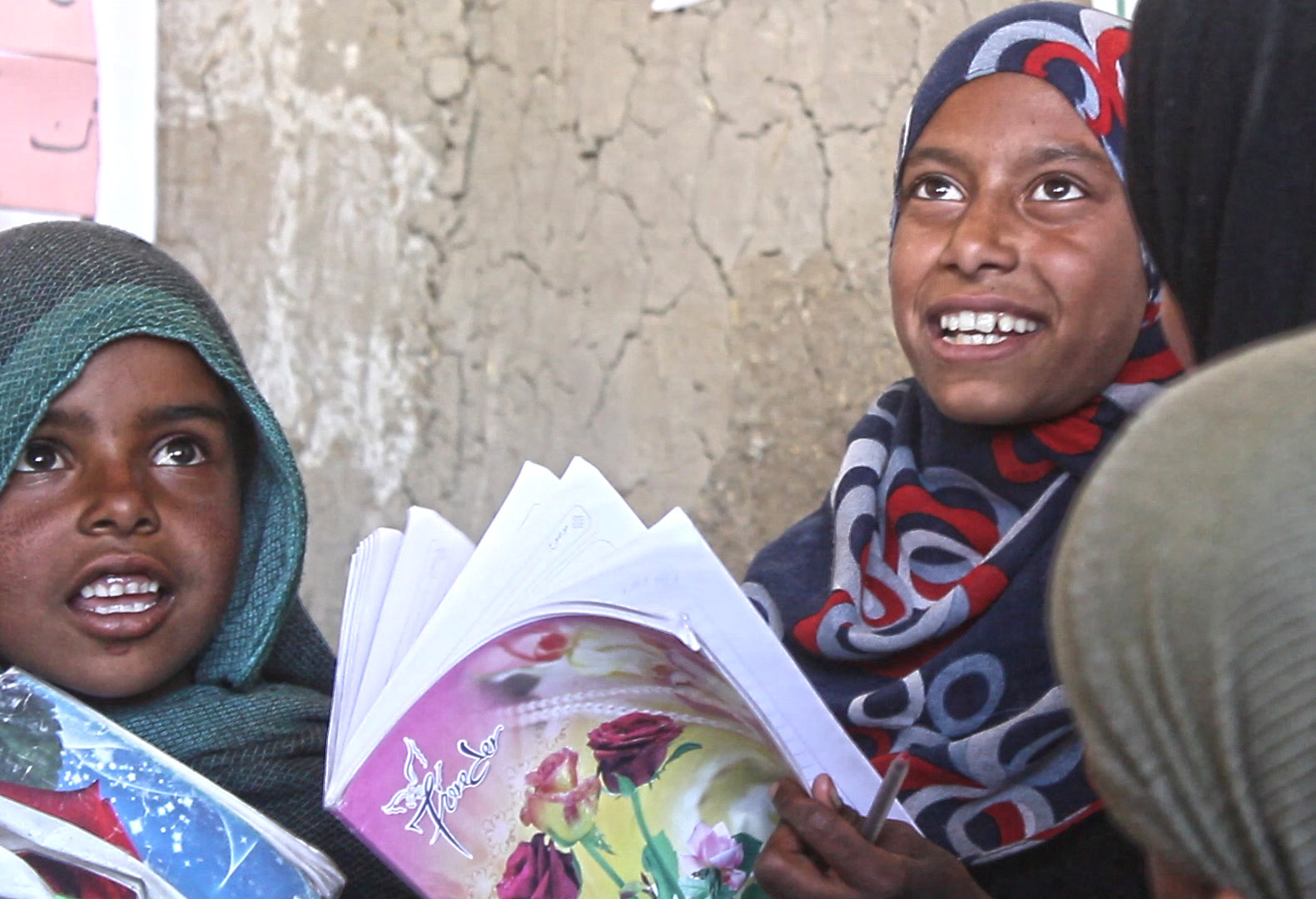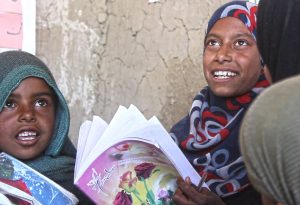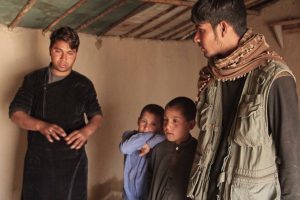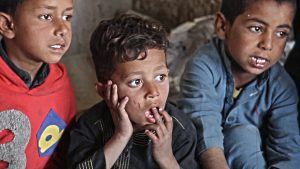Every time I go to crowded areas of Kabul, I see many small children, teenagers and women who are begging. A major number of these are from returnees’ families who were forced to leave their host countries, often without having had the possibility to bring their possessions along back to Afghanistan. Many of them had lived there for years or even decades. When they arrive here, mostly they have to stay in refugees’ camps. In the camps, they are deprived of basic needs and facilities. Finding a livelihood is the biggest problem.
Together with two colleagues, on a sunny afternoon in Kabul, we wanted to learn more about the situation of the returnees. We walked from Kota-Sangi to Company Road. Different shops are located on both sides of the street such as electronic equipment, machine tools and vehicle repair services. We visited a few shops and saw small children working hard along with the shopkeepers and repairmen for only 200-300 Afgs per week. When we asked them, why they are not going to school, Abdullah laughed and told us that this work was their only option, as they are returnees from Pakistan and need the income to support the family. They also reported that there is no school, literacy class or vocational training in the camp. Most of the children in the camp even do not have a national Identity card (NID) to get admitted into other schools outside of the Camp.”
A few steps away, a small street leads to the Diwanbangi Refugees Camp where, according to its residents, at least 200-230 families are living. The camp is situated in a dusty environment with a humid ground surrounded by newly constructed residential buildings and shops. On the first sight, we saw a great number of tents and small huts covered with plastics and fading cotton bags. Tight, dusty, and dirty corridors divided them into different lines and small streets. Everywhere were children. Their sunburned faces and their fading clothes were illustrating their living conditions. Although the camp is located in an overpopulated area rarely new people are coming from the outside.
Since IPSO’s social-cultural container in Kabul is working with refugees and local people to help merging refugees into society, our colleagues already had visited this place many times. So, most children and teenagers were familiar with our colleagues from the container.
15-year-old Dost Mohammad, told us: “Local people are not very friendly with us. When people from the outside are coming into the camp, and are not from Government or NGOs, then we are suspicious and we cannot let these people walk around freely. Because they rarely come here to help. Life is difficult inside the camp, families are starving. Many people are suffering from rheumatism and other kind of diseases due to poverty and our damp shelters.”
What I realized during my visit on the refugees’ camp is still bothering me: It bothers me that these people are excluded from any social relationship with residents of the area. Their desperate looks and words were reflecting their pain and disappointment of hardship and of being excluded. But still their hearts beat fast, their lips open to smile, when they find someone who is kind and compassionated with them.
The children gathered around Mahfuz begging him to tell them a fairy tale, they listened attentively and in return they were ready to share their stories.














